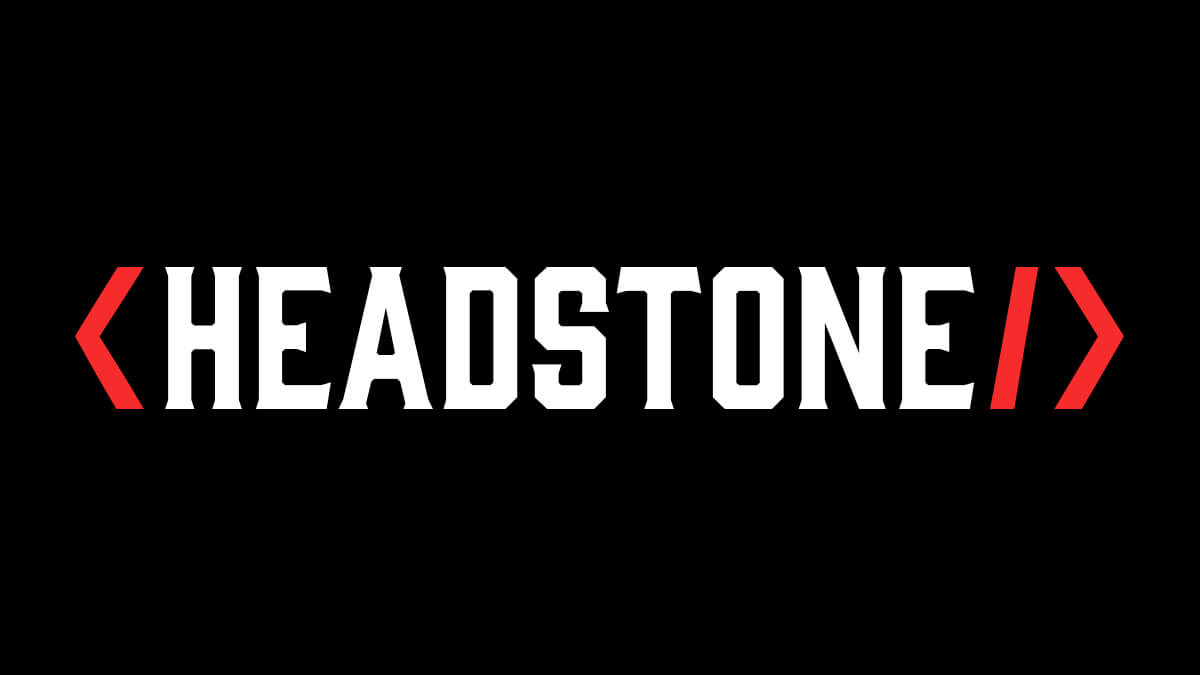Security Upgrade: Search Page Meta Lockdown
If you’ve ever scrolled through your Google Analytics reports and seen something like:
- “Alliant Title & Escrow LLC”
- “Metropolitan Life Insurance Company”
- “Random Fake Entity XYZ”
You might’ve had a small heart attack. Was I hacked? Is my site generating random content? Are we under attack?
Relax. You’re Not Hacked — But You Are Being Annoyed
This phenomenon is super common and up until now, incredibly annoying. These odd phrases typically show up under Page Titles in Google Analytics because your site is reporting on what’s being searched, not what exists.
Most WordPress sites include a native search page that dynamically creates a results page, even when there are zero results. That page title often looks like:
“Search Results for ‘Metropolitan Life Insurance Company’”
This string then shows up in your GA reports. It doesn’t mean your site contains those terms. It means someone — or something — searched for them.
Who’s Searching for This Stuff Anyway?
Let’s break down the likely culprits:
1. Bots and Scrapers
Most of the time, these are bots slinging corporate names into your search bar to probe for data. Some are doing SEO research, others are just scraping, and a few are pure spam.
2. Misguided Humans
Yes, sometimes it’s real users searching for strange things, but that’s the minority.
3. People Trying to Expose an Open Parameter
What’s an open parameter? It’s a URL parameter that can be exposed to modify the page markup.
WordPress search page is a great example. Its core search works by appending ?s=[search-term] to the home page URL and spins up your search page.
- In addition to rendering search, it does modify the Page Title and OpenGraph data using the ?s= variable
- So, anyone can enter whatever they want in the URL and control the HTML page output
As we mentioned, it’s very unlikely this will ever rank for the WordPress search. As a good rule, set the default WordPress search to no-follow, no-index as an extra precaution.
This Can Apply Universally to Other Pages with the Same Setup
On Static, you don’t really have to worry about other Parameters being exposed and vulnerable. Static pages are well … flat and disconnected from the Database.
Why Headless Hostman Blocks This by Default Now

We use a magic method to dynamically render search, so figured it would be best to just curb any opportunity to make a bot, scraper, or bad actor feel empowered.
So we’ve introduced a default behavior in our static rendering engine that filters out any bot-driven, non-result-generating, search-based pages from your static exports.
Why?
- You don’t need noise in GA: Those fake titles clutter your analytics reports.
- You don’t need these pages rendered: They serve no SEO purpose, offer no value, and aren’t meant to be indexed.
- You don’t want accidental indexing: Some users (or bots) might link to these phantom search pages. Let’s just not.
What We Do Instead
We force the title and OpenGraph to just say “Search Results | Site Name.”
That’s it.
No More Distractions
This isn’t about fear. It’s about focus. You didn’t ask to track what Russian scrapers are typing into your search bar. Now, you don’t have to.
Better data. Cleaner builds. And zero nonsense.
Deeper into the Abyss


